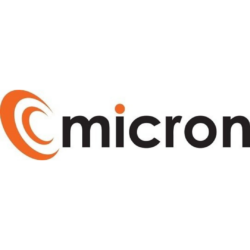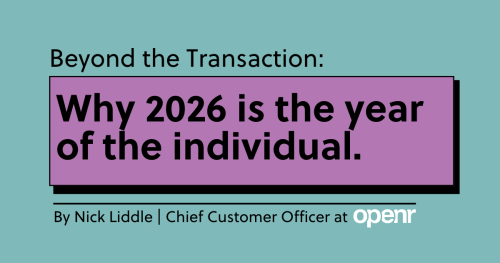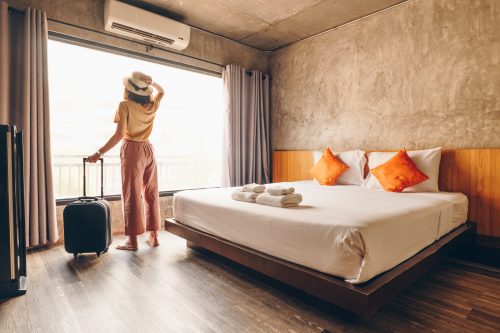Ransomware attacks and data breaches have shifted cyber security from a back-office IT issue to a business risk that can bring down your entire operation.
For many hotel operators cyber security feels like a grey area. What exactly does “good cyber security” look like? How exposed is your business right now? If your systems went down tomorrow, who would know what to do?
The truth is, ticking boxes on an insurance form or annual audit and hoping for the best just won’t cut it. Today’s hackers are increasingly sophisticated, using AI voice simulation, analysing and copying email writing styles, and pinging out invoices that look legit.
And when investors and owners start asking about how you’re protecting your hotel and guests from these threats, you need to have clear answers.
Why it matters now
There’s a common misconception that only large chains are targeted by cyber criminals. But the reality is, hackers know smaller businesses are more likely to have security weak spots.
Hotels are uniquely vulnerable. You’re running complex, often under-secured systems — PMS platforms, EPOS terminals, keyless room access, guest Wi-Fi, and more. You’re collecting huge volumes of personal and payment data. And you’re relying on staff who may never have been trained in the basics of cyber hygiene.
Add to that a fast-moving threat landscape and a business model that can’t afford downtime, and you’ve got a serious operational risk hiding in plain sight.
It’s no longer a question of if an attack will come, but when.
Attacks on hotel systems mean everything grinds to a halt
What does that look like? Guests having to be escorted to and from their rooms. No online bookings or payments. Conference attendees can’t use connected screens. Guest records are sold on the dark web. Guests can’t get online.
It can take weeks to fully recover, even with specialist help. Add in the cost of fines and the huge reputational damage caused by a breach, and it’s no wonder people are anxious.
What can you do today to protect your hotel systems and guest data?
- 1
Accept that cyber security isn’t just about technology, it’s about continuity
How you serve guests, take payments, or respond to enquiries when all your systems go down are questions for your whole leadership team.
- 2
Bring cyber security into your business continuity planning
If your plan doesn’t include a response to a ransomware attack, a data breach, or a compromised network, it’s incomplete. And that gap could cost you.
- 3
Take a structured first step
If you don’t have any cyber policies or specialists, or you’re not sure where to start, ask your IT provider for a cyber security audit.
Consider working towards Cyber Essentials certification. This government-backed scheme helps you assess your risks and put the basics in place — like secure configurations, access controls, and patch management. It shows guests you’re serious about protecting their data, and can help reduce your insurance premiums.
- 4
Be proactive
Once you’ve highlighted where you’re vulnerable, build cyber resilience by:
- Regularly training staff on phishing, passwords, and data handling.
- Securing guest Wi-Fi with proper segmentation.
- Conducting vulnerability assessments and simulated attacks.
- Appointing a cross-functional cyber response team (not just IT).
- Creating a crisis plan that includes cyber incidents and guest communication.
Cyber security isn’t about scaremongering, it’s about readiness
You’re already juggling enough: staffing, guest experience, revenue targets, rising costs. But cyber risk cuts across all of these. It only takes one breach to undo months of hard work and reputation-building.
The good news?
You don’t need to solve everything at once. Start with the fundamentals and treat cyber security as a whole-business risk. It’s about shifting your mindset from compliance to readiness.
The most forward-thinking hotel operators are treating cyber strategy like insurance — essential and non-negotiable.
Because the next time a guest, funder, or regulator asks, “What protections do you have in place?”, “I’m not sure” won’t be good enough.
Find out how Micron helped one hotel achieve Cyber Essentials certification here.






